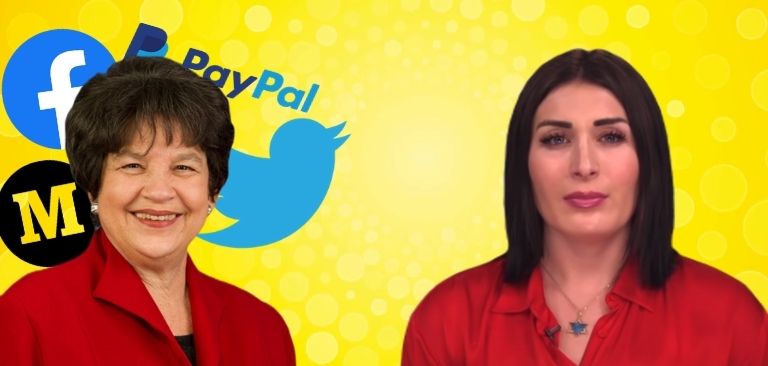Major social media platforms and tech services have a long history of banning and deplatforming Laura Loomer. And there’s a remarkably long and comprehensive, covering pretty much every nook and cranny of a person’s online activity, list of them: Facebook, PayPal, Uber, Lyft, Twitter, Medium, and many others.
But despite all that, her status last week changed from a commentator and activist hounded by Big Tech – to a Republican congressional candidate in Florida. And while Loomer has faced censorship without breaking any law, and could in fact become a lawmaker – could it also be that the corporations that have chosen to ban her in the past almost by making an example out of her, are now in violation of US campaign finance law by actively undermining her campaign?
This is the question that has been raised by the American Principles Project in a letter addressed to the Federal Election Commission.
The non-profit wants to know if fairness of the November race in Florida for a seat in the US Congress may be tainted by Loomer’s exclusion from giant and other tech companies’ platforms. This is particularly troublesome in light of the fact that her opponent, Democrat Lois Frankel, is facing no such obstacles and could therefore be given unfair advantage by a bunch of private corporations undermining the electoral process (also known as election meddling).
The letter doesn’t quite spell it out that way, but it still poses an interesting question: if Frankel can benefit from full access and presence on dominant social media networks, while Loomer is being completely cut off – “does this not amount to the in-kind contribution to a favored candidate?”
Other questions the think tank wants answered by the Election Commission include whether Facebook, Instagram, and Twitter show up on Frankel’s filings as in-kind contributors, and whether the Commission thinks social media platforms “may agree to materially contribute to political campaigns” by choosing to disseminate campaign ads for for one type of candidate, while censoring and excluding another?
In what the letter refers to as otherwise “normal” circumstances, tech companies would be considered free to censor who they like, the non-profit suggests; but now that Loomer is a Republican candidate for Congress, this policy may need to be reassessed in view of election rules, it argues.










